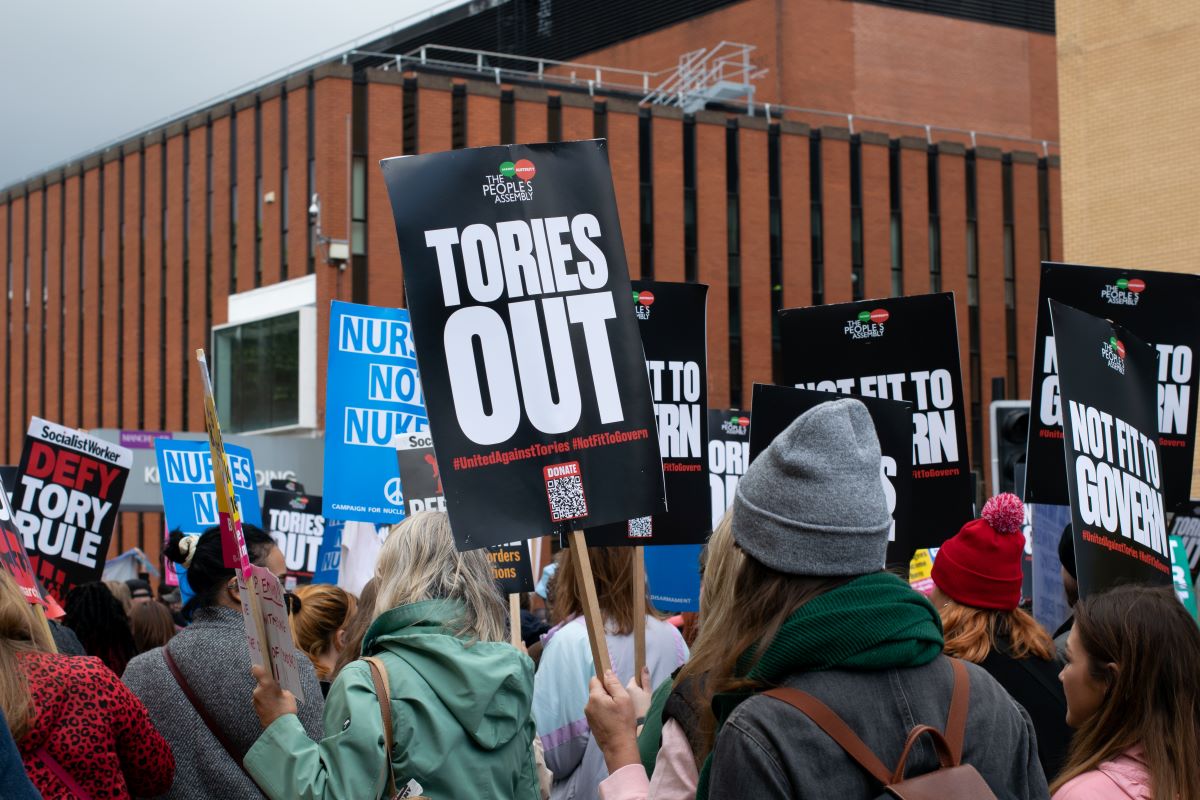Polls appear to signal a looming electoral catastrophe for the UK Conservative Party, prompting soul-searching and speculation about its future in the wake of potential historic losses. Here’s the full story.
“Natural Party of Government”
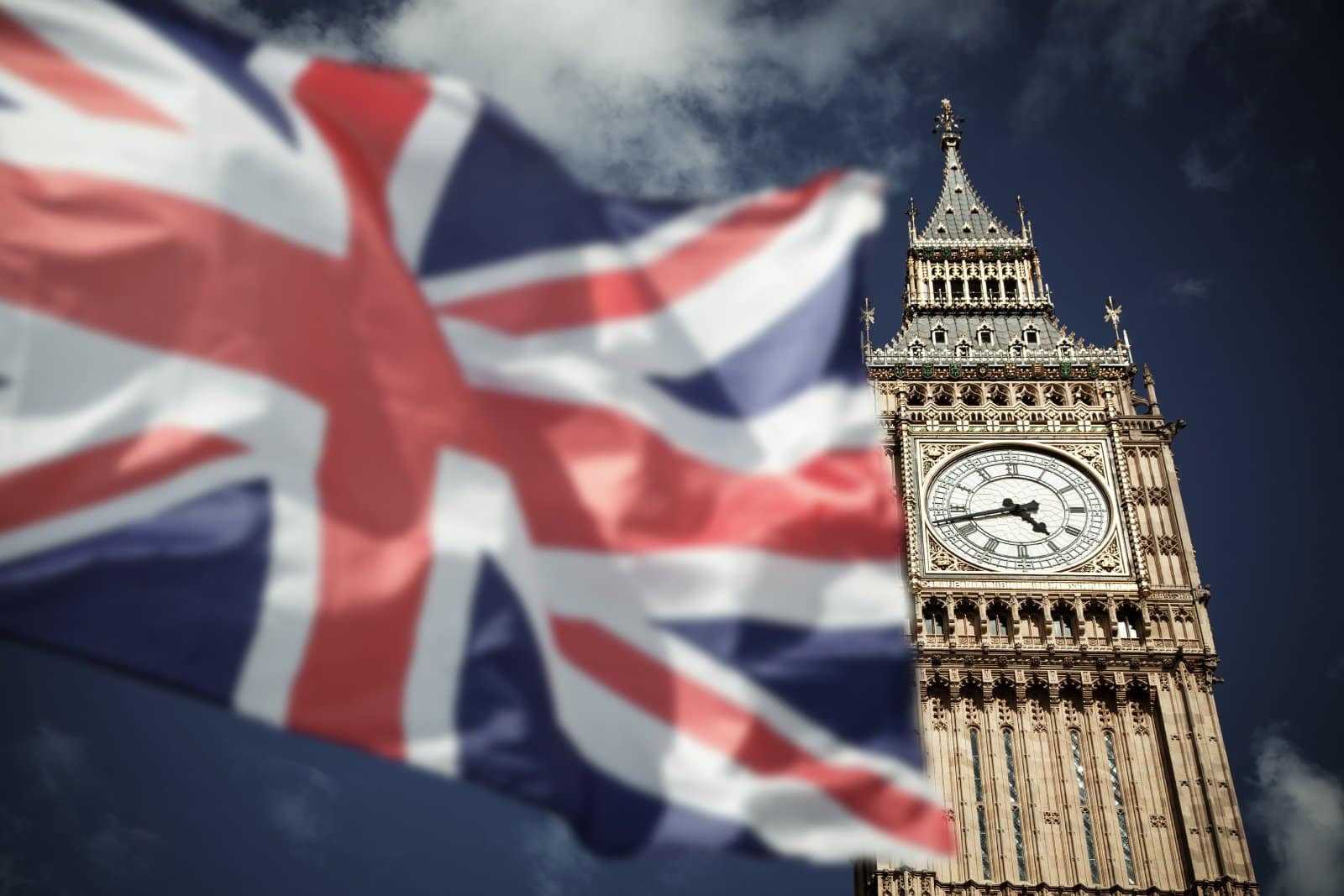
The Conservative Party, often called Britain’s “natural party of government”, has historically dominated UK politics.
Long Periods in Power
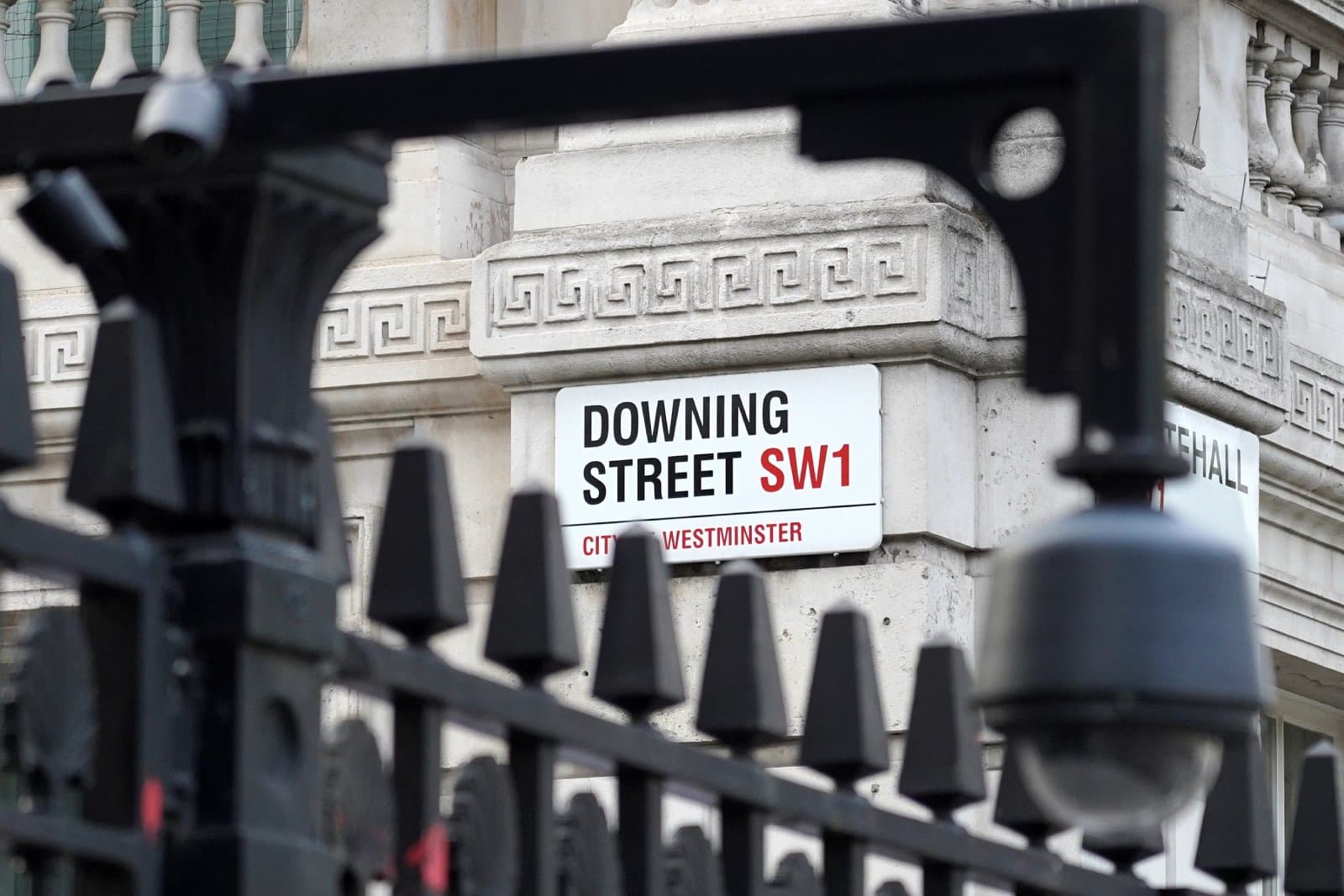
For much of the 20th century and into the early 21st century, the party secured long periods in power, which were only occasionally broken up by usually shorter periods where Labour took office.
Dustbin of History

However, recent polling data, shifts in their traditional voter base, and a newly resurgent far-right in British politics may indicate that a dramatic change is coming, which could potentially see the Conservative Party, like the Whigs before them, consigned to the dustbin of history.
Grim Picture

Recent polling data paints a grim picture for the Conservatives. A survey by Redfield and Wilton shows the party trailing 26 points behind Labour and capturing only 20% of the vote.
Electoral Collapse

Such a margin indicates that the Conservative Party is not merely set to lose the upcoming election but could potentially suffer total electoral collapse.
Severe Situation

Political analyst Danny Finkelstein, who served under Conservative leaders John Major and William Hague, highlighted the severity of the situation in an interview with POLITICO.
Times Are Changing

Finkelstein stated, “Having been for a century the natural party of government, with occasional periods of progressive alternative, we could be in a position where we have long periods of Labour with occasional periods of Conservative governments.”
Two Bad Leaders

Several factors have contributed to the Conservatives’ plummeting popularity. The “Partygate” scandal during Boris Johnson’s premiership and Liz Truss’s chaotic tenure damaged the party’s reputation almost beyond repair.
Factional Infighting
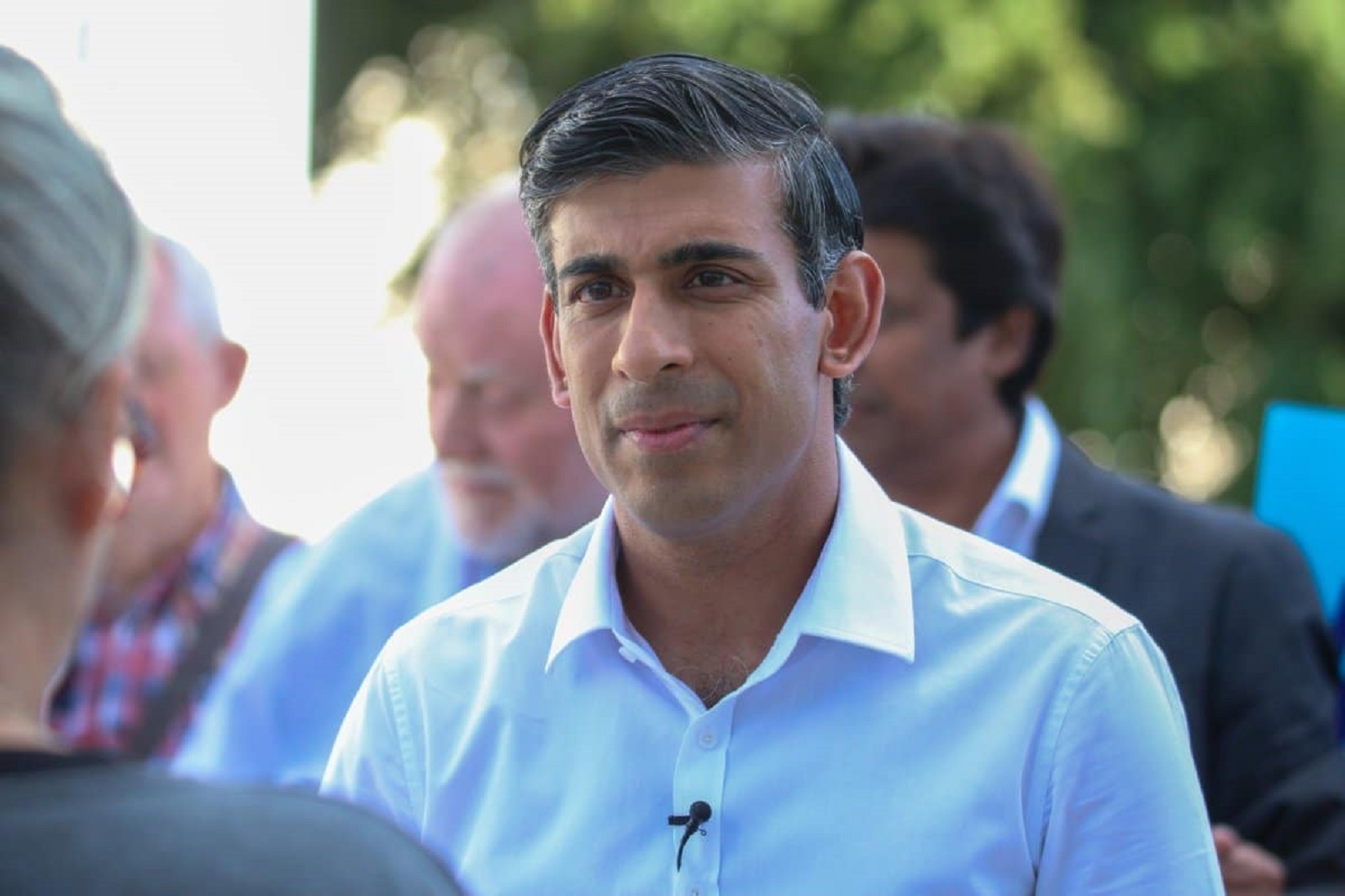
Not only that, but Rishi Sunak’s attempts to stabilise the party have failed, with the Conservatives riven by factional infighting between the more centre-right “One Nation” Tories and the considerably further right anti-immigration wing of the party.
Without Direction
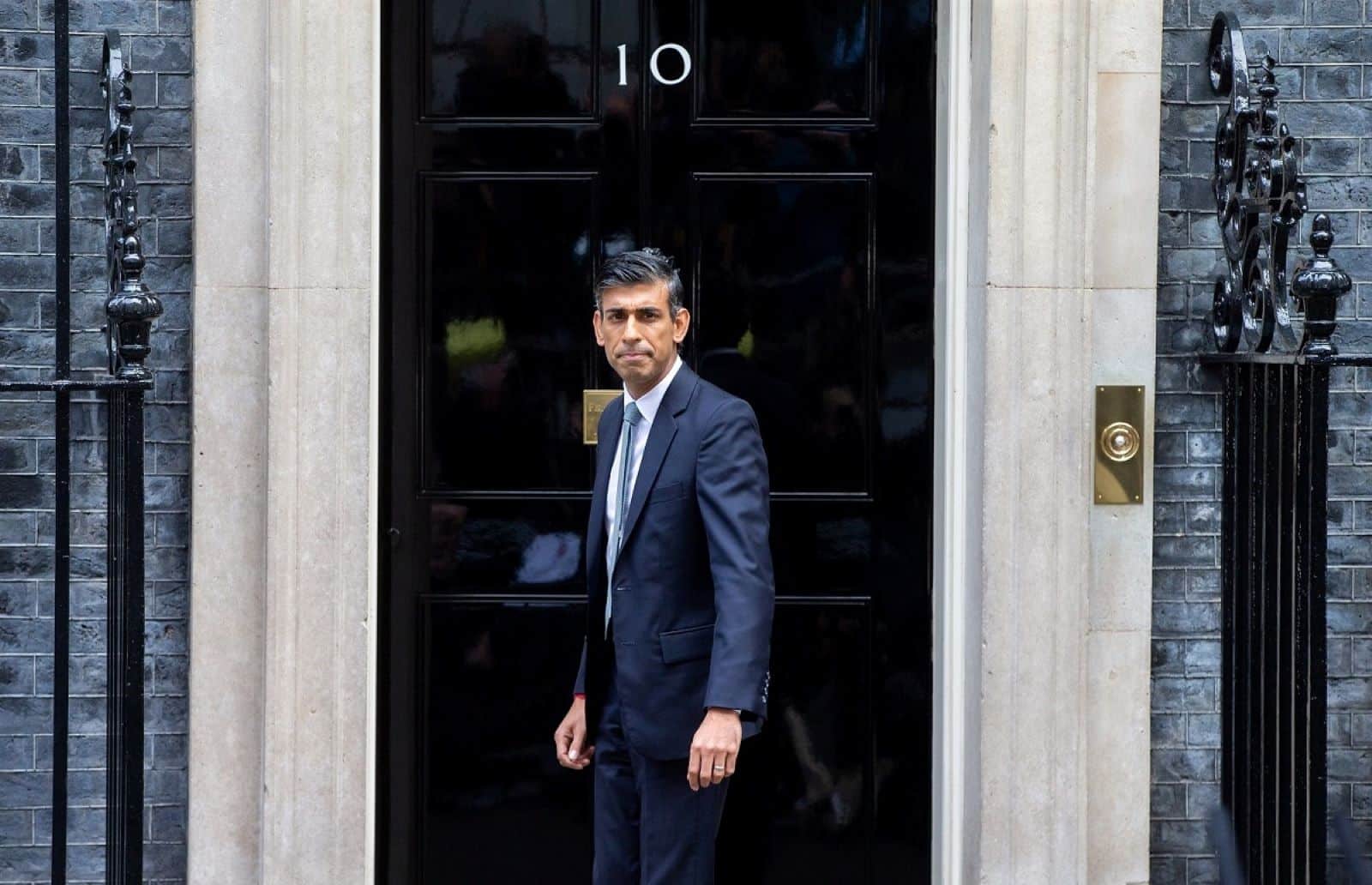
Rishi Sunak’s poor performance so far in the election campaign has also led to a sense that the party is without direction, adequate leadership, and a guiding purpose.
Plummeting Approval Ratings
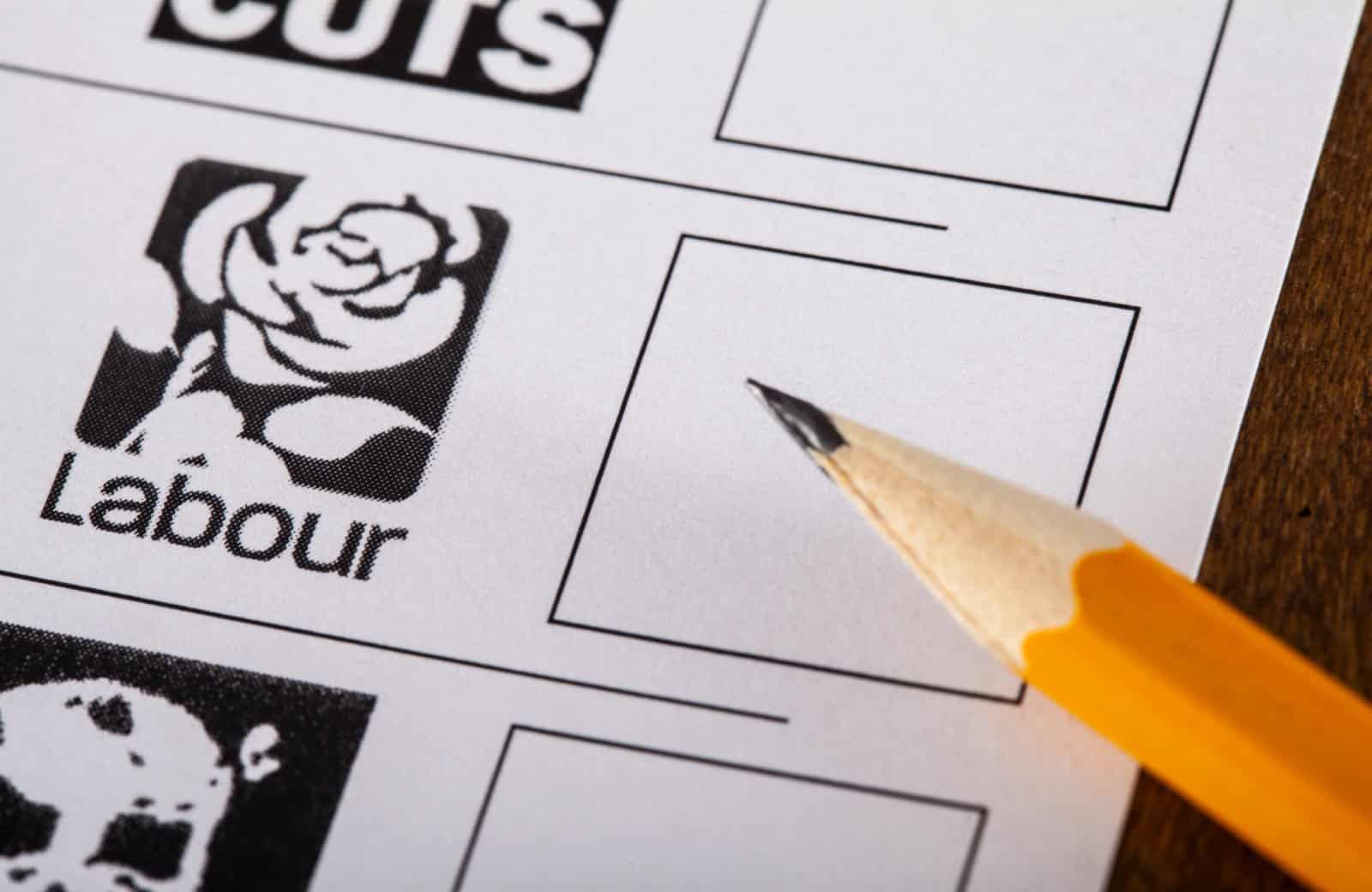
Sunak’s approval ratings have also plummeted, with voters favouring Labour’s Keir Starmer significantly.
Biggest Threat
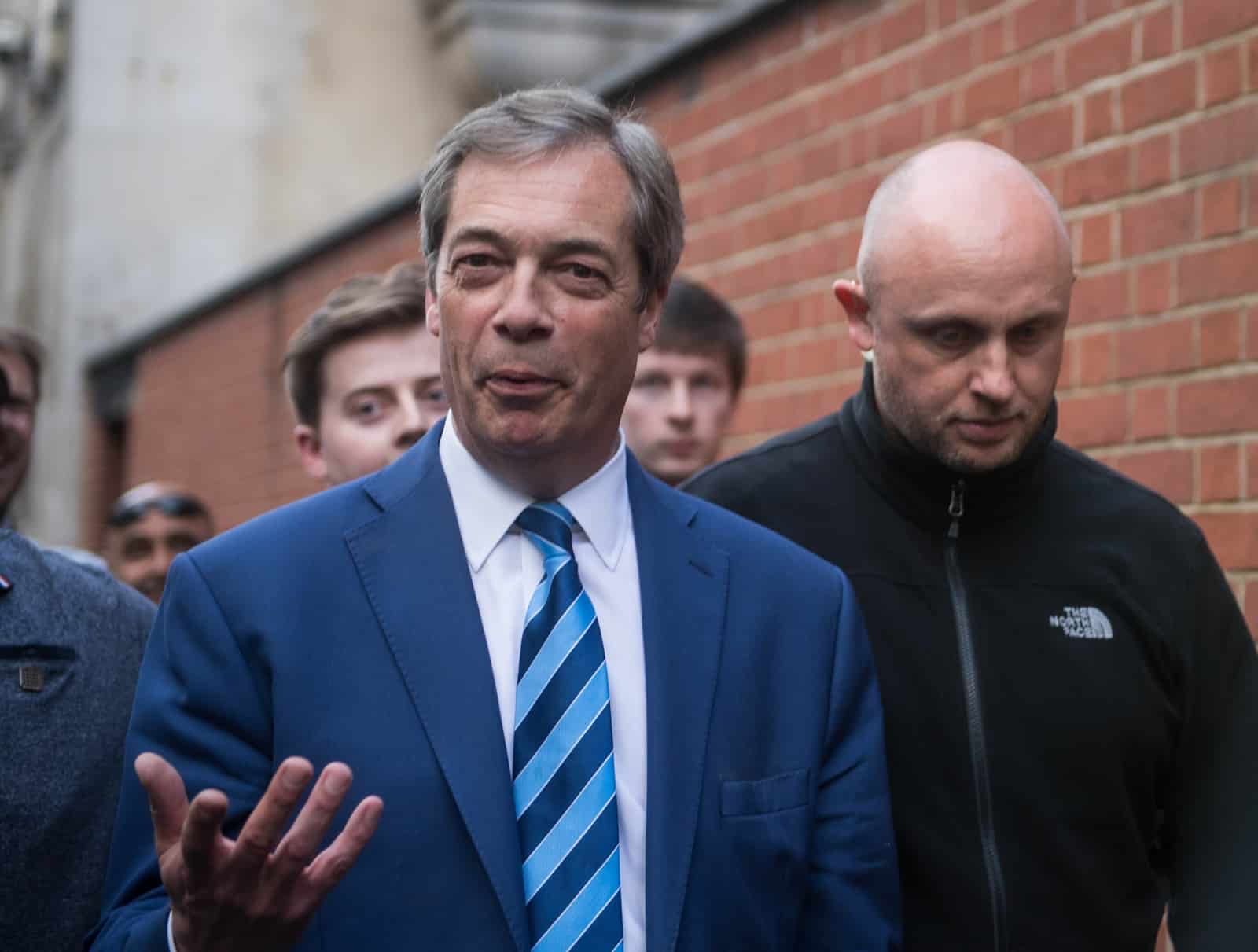
However, without question, one of the biggest threats facing the Conservative Party is Nigel Farage’s re-emergence from his political hibernation following the UK’s exit from the EU.
Guess Who’s Back?

Having previously stated that he would focus more on helping his friend Donald Trump secure reelection in the US, Farage unexpectedly decided to run for the Conservative-held seat of Clacton instead.
Eighth Times the Charm
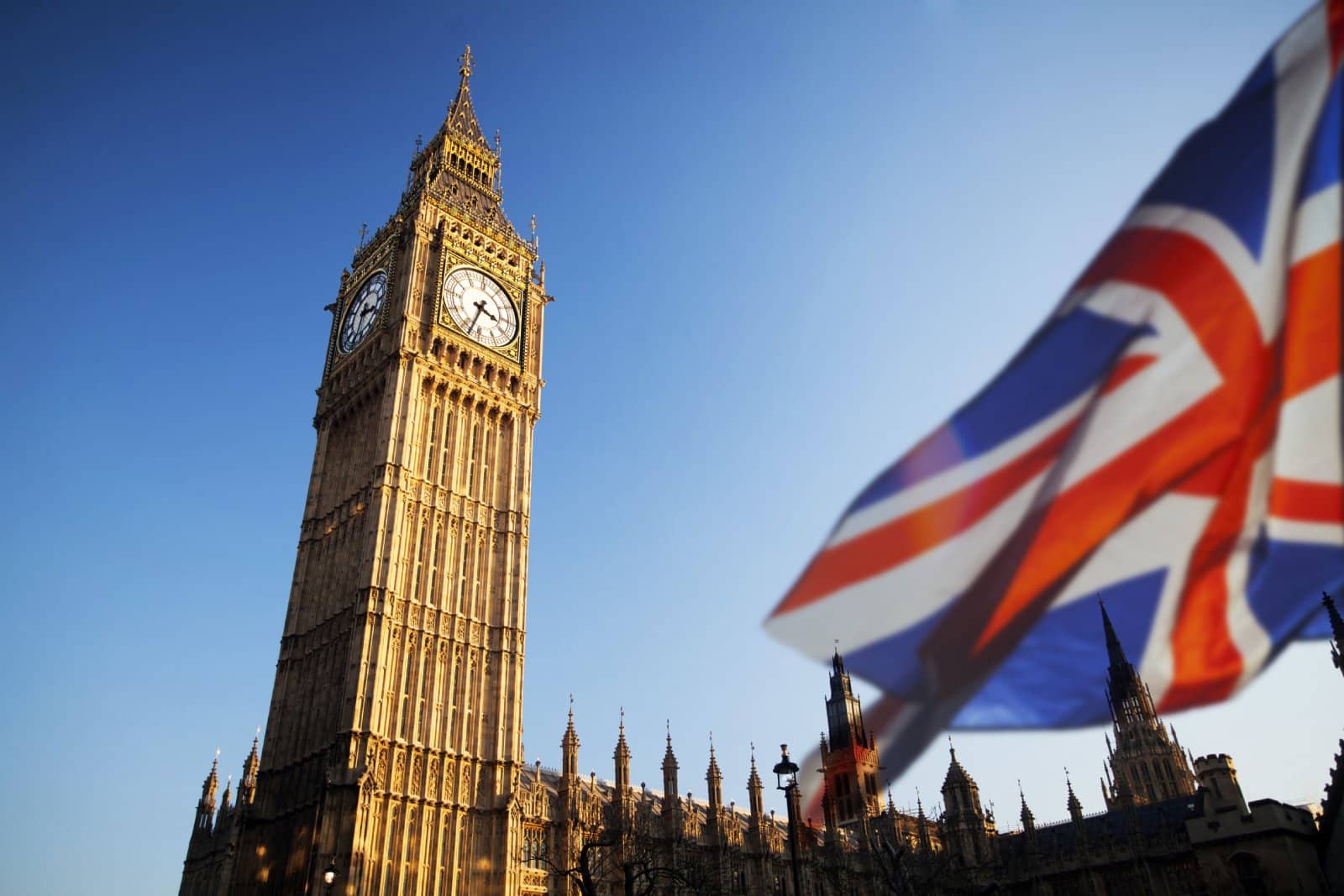
This will be Farage’s eighth attempt to enter Parliament as an MP, having failed seven times previously.
Existential Threat
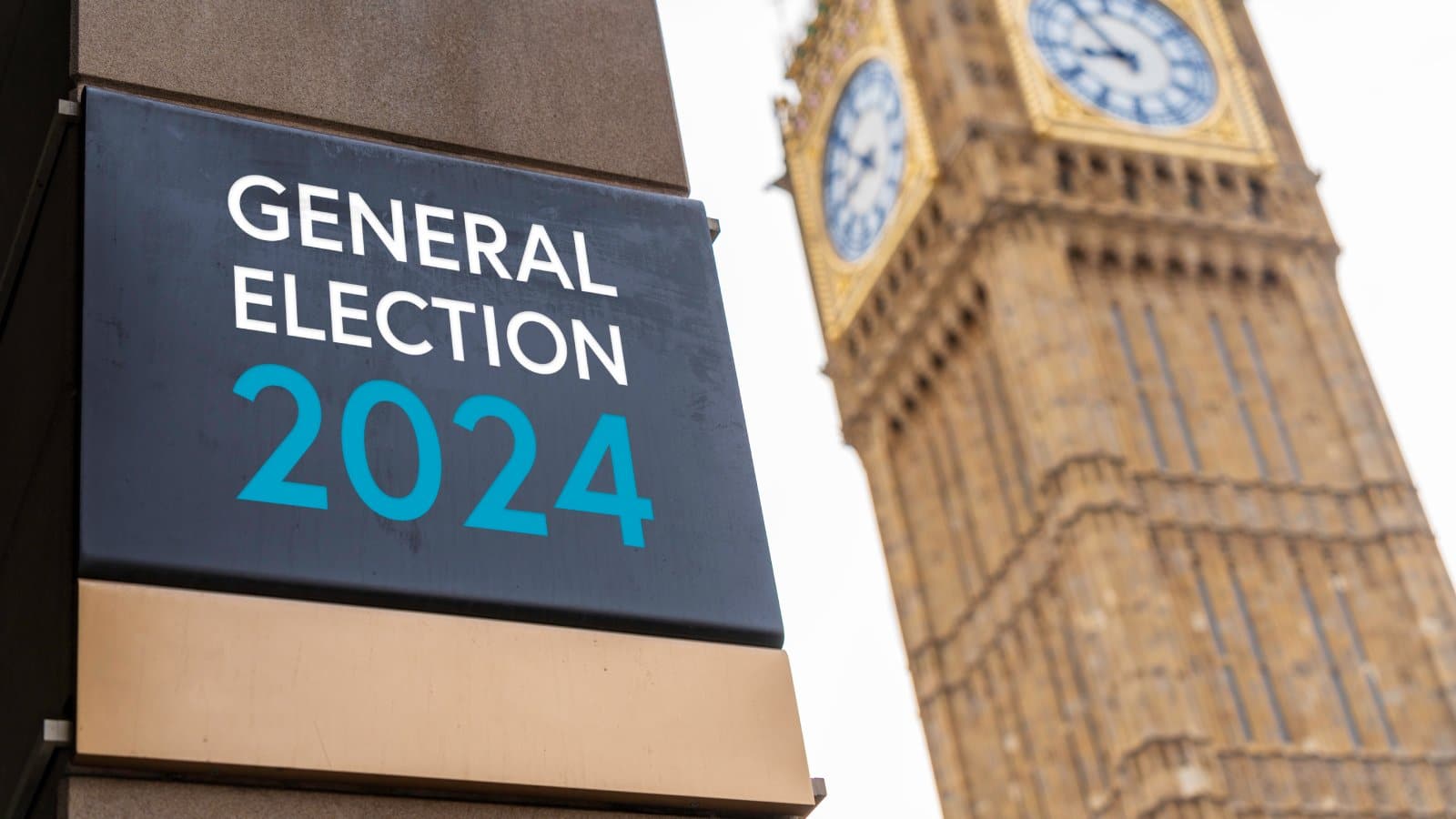
However, to say that his return to the UK political scene is an existential threat to the Conservatives would be an understatement.
Not Join, Dominate
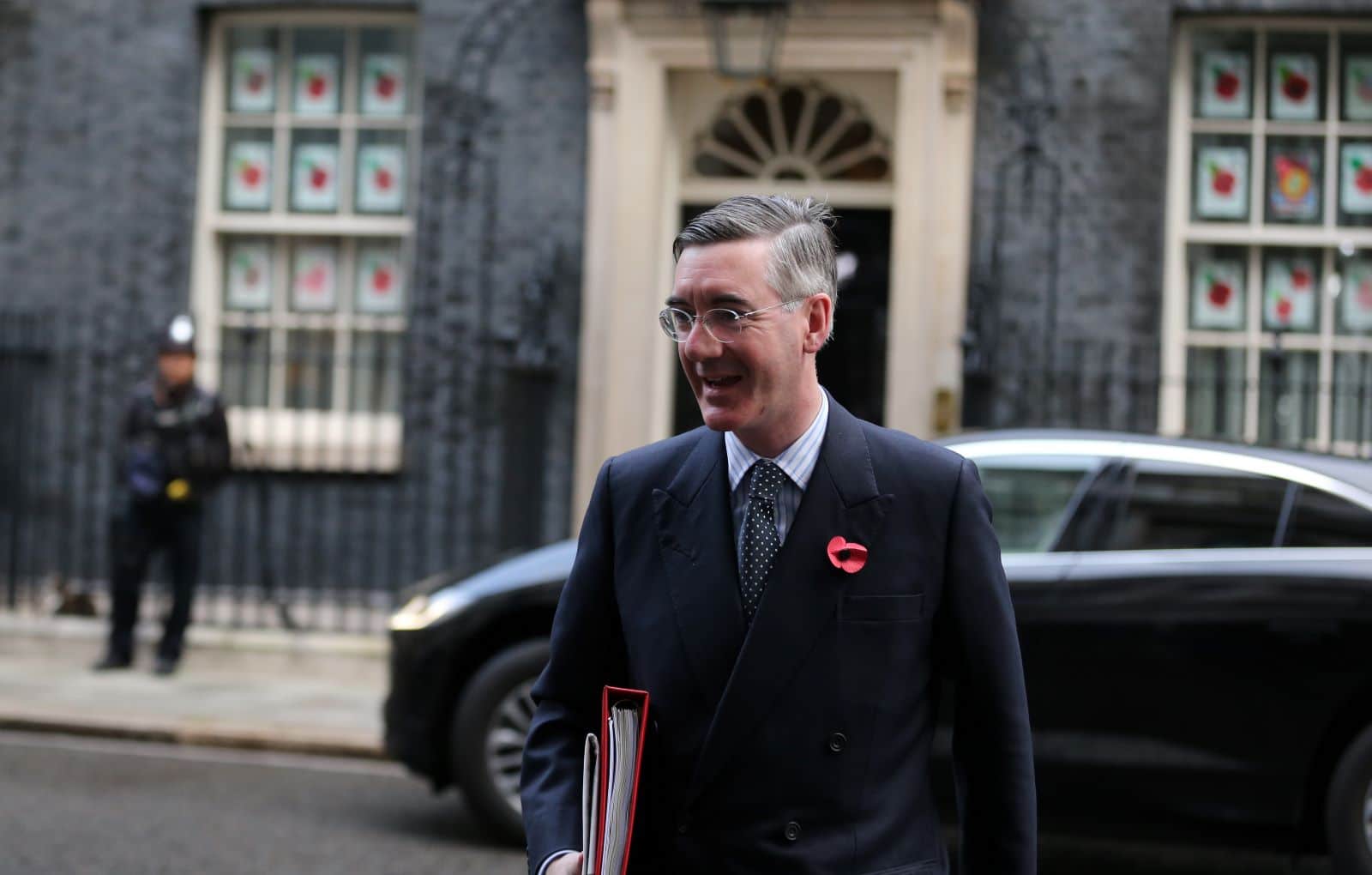
Farage explicitly stated that he did not want to join the Conservative Party, an option put forward by some nervous Conservatives, including Jacob Rees-Mogg, but that he wanted to dominate it.
“Take It Over”

Speaking to ITV’s Good Morning Britain, Farage stated, “I think the better thing to do would be to take it [the Conservative Party] over.”
“The Conservative Party Will Join Us”

He added, “You can speculate as to what’ll happen in three or four years’ time, all I will tell you is if Reform succeed in the way that I think they can, then a chunk of the Conservative Party will join us.”
Dire Predictions
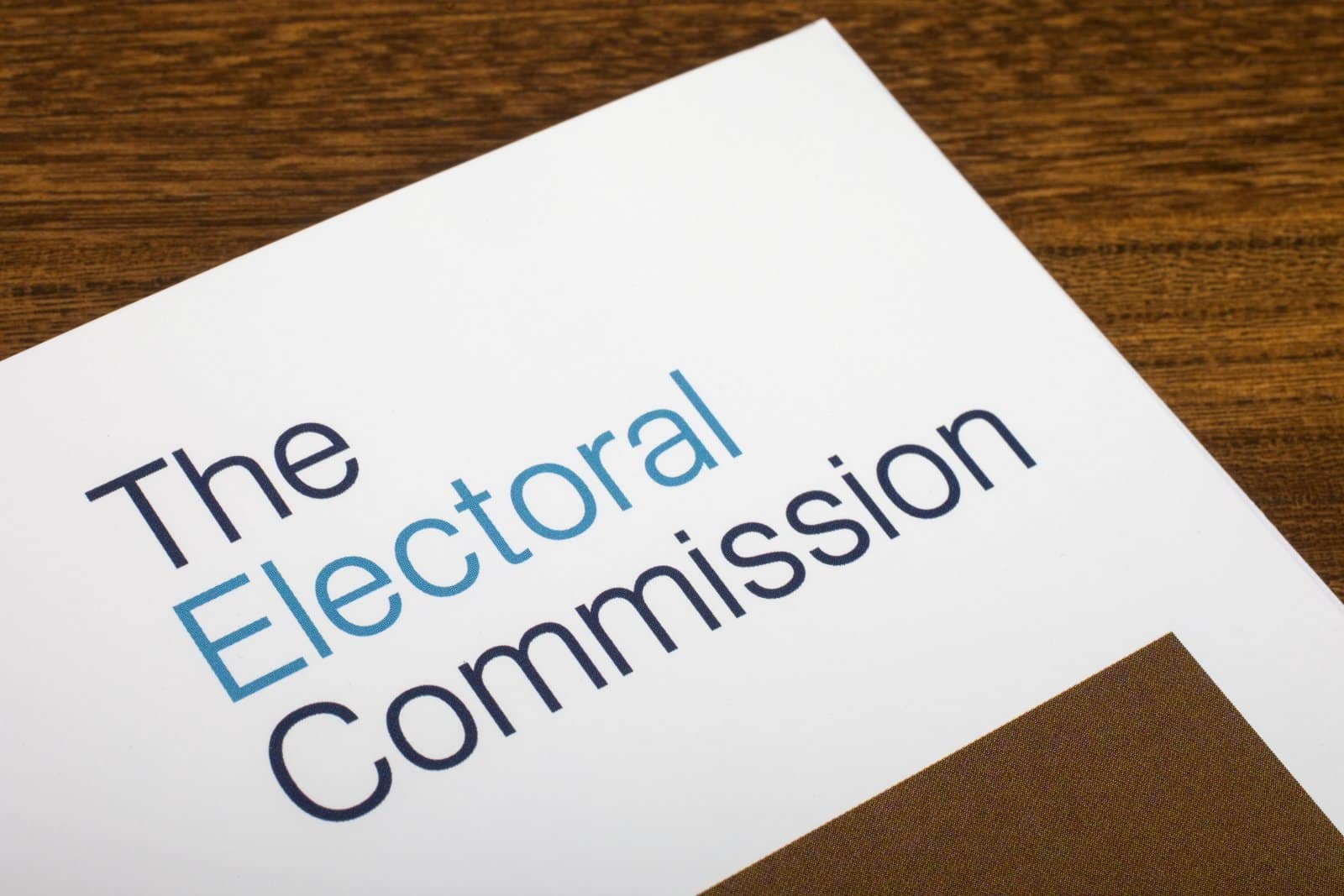
Predictions for the upcoming election are dire for the Conservatives. Electoral Calculus, a website known for its predictive models, forecasts the party winning as few as 24 seats, a historic low reminiscent of the Canadian Conservative collapse in 1993.
Substantial Majority
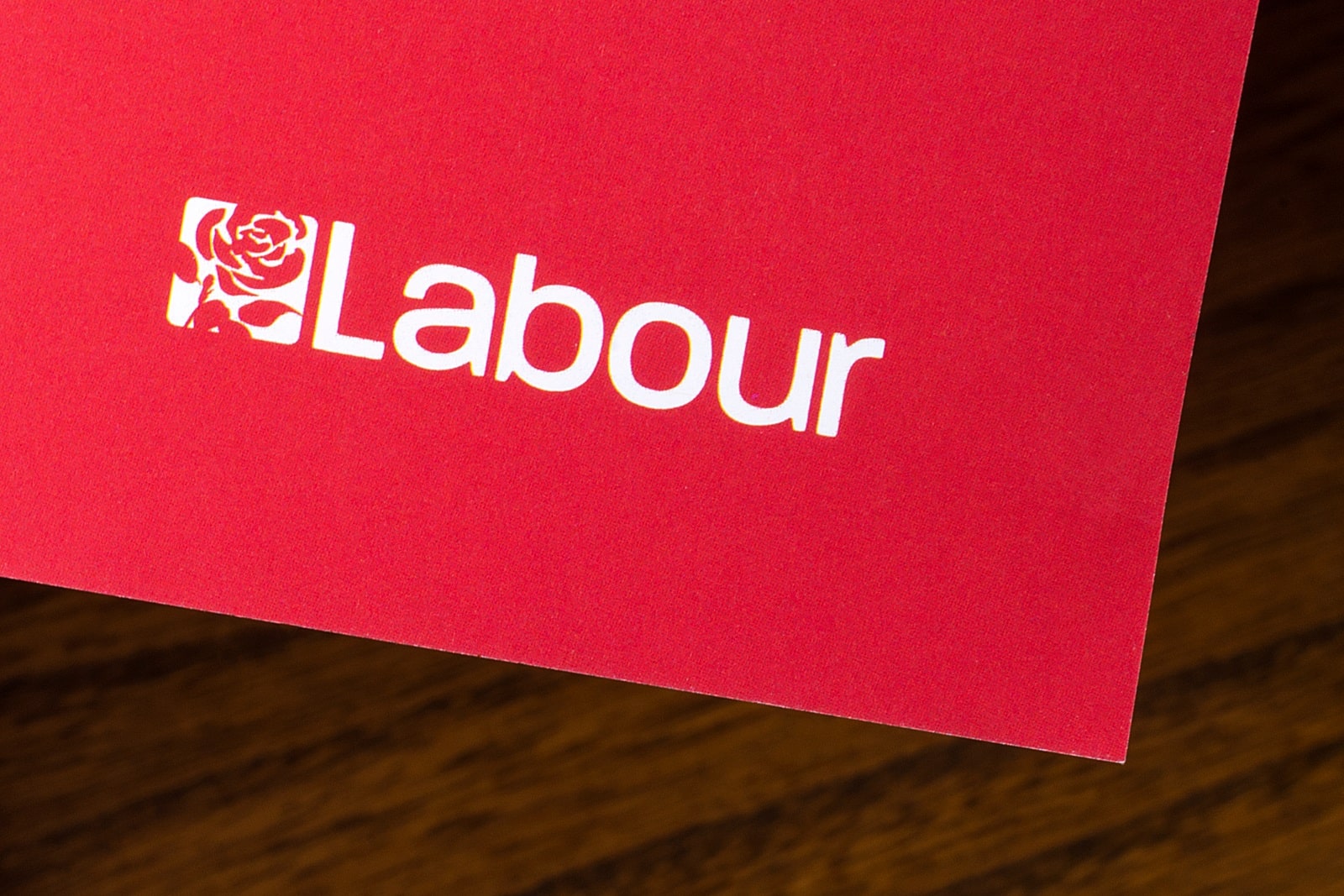
In contrast, Labour is projected to secure a substantial majority with over 500 seats, relegating the Conservatives to a minor political force. Such an outcome would represent the party’s worst defeat since 1906.
42% Support

Public opinion has shifted significantly against the Conservatives, with only 42% of their 2019 voters expressing continued support.
No Solutions

The electorate is primarily concerned with economic issues, healthcare, and immigration, areas where the Conservatives have struggled to offer compelling solutions.
Fundamental Altering

The implications of a major Conservative defeat extend beyond immediate political repercussions. It could lead to a prolonged period of Labour dominance, fundamentally altering the UK’s political landscape.
1997 Labour Landslide
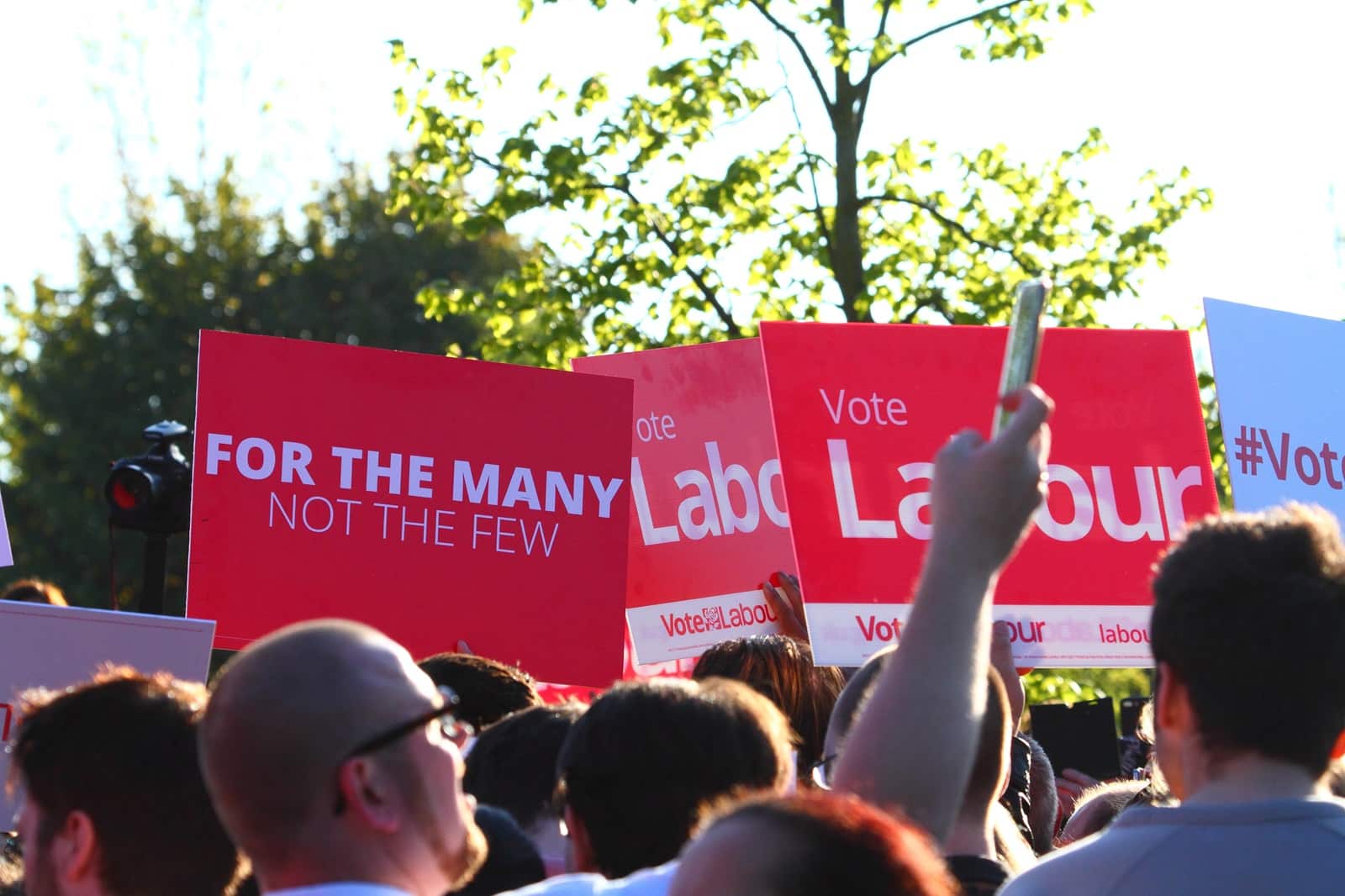
A severe loss would be reminiscent of the aftermath of the 1997 Conservative defeat, which saw Labour brought to power in a landslide – power that they held for 13 years until 2010.
Unprecedented Crisis

Suffice it to say the Conservative Party is facing an unprecedented crisis that threatens its very existence.
Catastrophic Defeat

With polling data indicating a catastrophic defeat, the party must confront significant challenges to remain a viable political force in the UK.
Uncertain Future

It remains to be seen whether the party will be able to adequately handle being relegated to the fringes of British political influence and what that might mean for the Conservative Party’s very future.
The post Polls Predict Historic Losses For Tories: An Electoral Catastrophe? first appeared on Now Buzz.
Featured Image Credit: Shutterstock / John B Hewitt.

